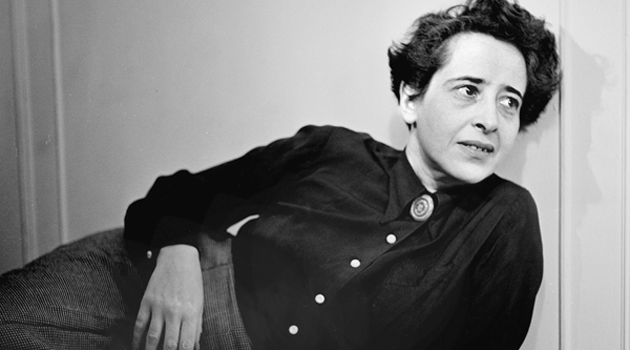One of the greatest thinkers of the 20th century, the author, philosopher and political theorist of German origin Hannah Arendt, died 40 years ago on 4 December 1975 in her New York office. Thanks to her "desire to understand", she described the roots of the success of modern dictatorships (Fascism and Communism) and the fatal failures of modern elites during those systems’ rise to power in her three-volume work "The Origins of Totalitarianism".
Arendt was born on 14 October 1906 near Hannover in Germany and grew up in the East Prussian town of Königsberg in a respectable bourgeois family. She apparently did not learn she was Jewish until other children on the street mocked her for it.
The first years of Arendt’s life were not exactly happy ones. After her father died young of syphilis, her mother remarried and raised two stepdaughters as well.
Hannah was very talented from an early age and matriculated to the University in Marburg in 1924, where she charmed not just her fellow pupils, but also the young philosophy professor Martin Heidegger. When it seemed likely that the relationship between the married educator and his student would be revealed, she moved to Heidelberg, where another great German thinker, Karl Jaspers, was lecturing and with whom Arendt later established a long-lasting friendship.
She had to emigrate to escape Nazism, first to Paris and then to the USA, where she won enormous recognition over the years thanks to her interpretation of modern history and the rise of the totalitarian system. She sparked her biggest controversy at the beginning of the 1960s with her book "Eichmann in Jerusalem: A Report on the Banality of Evil", about the trial of a Nazi organizer of the Holocaust.
